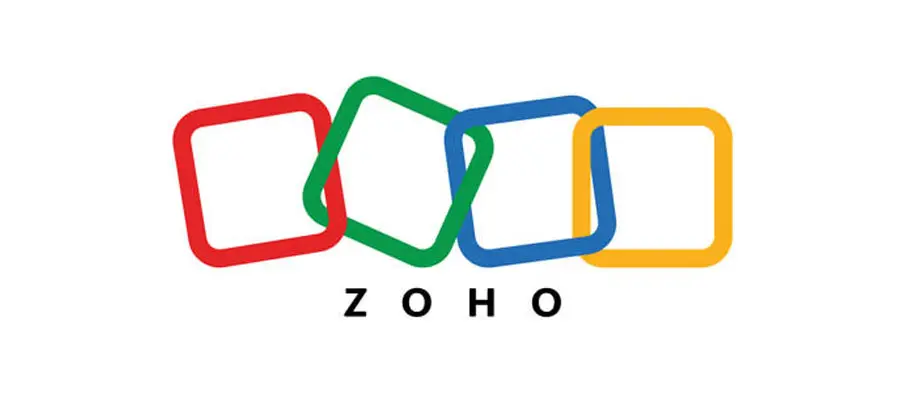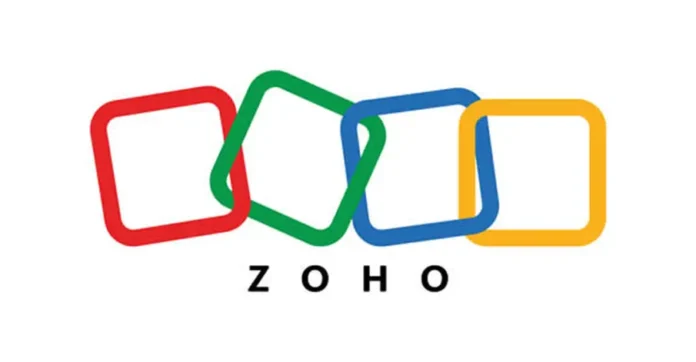
Zoho Corp on Thursday unveiled its own large language model (LLM), named Zia, along with a new suite of AI agents, marking a significant step in enhancing its artificial intelligence capabilities. The move aligns with Zoho’s long-term goal to reduce software costs, optimize power usage, and deliver more focused, business-centric AI solutions, CEO Mani Vembu told ET.
Previously, Zoho relied on various third-party and open-source LLMs, but Zia represents an in-house development designed to address specific use cases within its ecosystem. Unlike massive consumer LLMs with billions of parameters, Zoho’s approach involves three distinct models — with 1.3 billion, 2.6 billion, and 7 billion parameters — each “right-sized” and “specifically trained” for targeted business applications, Vembu explained. This strategy helps deliver optimal outcomes for particular tasks while managing power consumption and bandwidth efficiently, a critical factor given Zoho’s ownership of its own data centers.
Zoho operates its data centers in partnership with hosting providers but manages the infrastructure itself, avoiding public cloud services. Its centers run on renewable energy, with production exceeding consumption. “The goal is to keep the overall cost of software in check, preventing price hikes that are common in the industry. By running these more efficient models, Zoho can continue to offer its AI features as part of its existing pricing plans without charging customers extra,” Vembu emphasized.
Alongside Zia, Zoho introduced Zia Agents — pre-built AI agents tailored for multiple scenarios — plus Zia Agent Builder and Agent Studio, which empower customers and partners to create and publish custom agents via a marketplace. “This is based on the belief that a single, one-size-fits-all agent won’t work for every business, even within the same industry,” Vembu said.
Zoho also rolled out Zia MCP (Multi-Cloud Platform), enabling interoperability by allowing users to incorporate other LLMs to build agents that access Zoho’s APIs and data, supporting a flexible “mix-and-match” approach.
On AI’s broader role, Vembu stressed that while AI is a powerful tool, it is “not yet ready to completely replace human expertise.” AI-generated outputs, like code, still require human review to ensure accuracy. Internally, Zoho leverages AI to enhance employee productivity, such as assisting support teams in managing more tickets and automating routine tasks.
Looking ahead, Vembu revealed that although Zoho won’t open-source the Zia models immediately, this remains part of the long-term plan. The company is redirecting funds from its discontinued semiconductor venture toward research and development to fuel future growth. Zoho continues to expand its flagship product suite and ManageEngine workflow management, with security and IT service management as key growth areas.





